Top 10 Factors To Consider When Installing A Rooftop Solar System
In recent years we have been hearing that moving to solar brings you enormous benefits. Still, it is important that you take this huge step with a little more consciousness. The recent climate debates in Paris have made all the countries look into the possibilities of switching to solar.
As per Dubai’s Clean Energy Strategy 2050, a plan is in consideration to ensure that every rooftop in Dubai is installed with solar panels, and expected to achieve this by 2030. Though it is good to know, as it involves a significant investment, there are certain things to be kept in mind before you go into installing a rooftop solar plant.
Solar energy is usually tapped via the use of photovoltaic (PV) solar systems. To enhance energy efficiency in homes where the systems are used, a range of factors have to be taken into consideration. These factors ensure optimum performance of the solar systems once they have been mounted and put to use. These factors are:
1. Feasibility to Install
Despite the fact installing a rooftop can give you exciting benefits, you should have conducted a proper feasibility check of your house. It is very important that you have ensured that your house is suitable for a rooftop installation. This includes minimal shading, rooftop direction, local weather conditions, etc.
It is very obvious that the efficiency of the rooftop system is based on solar irradiation all around the year as well as the area. If your house is located too close to other properties, it is essential that you make sure your rooftop is free from any shadows.
2. Availing Net Metering
It is quite clear that switching to solar will have the expectations of cost savings. Of course, that’s why you have thought about installing a rooftop. Still, you should also consider an essential functionality – Net-metering. With this net metering program, any surplus electricity produced can be sold to the grid and gain savings.
3. Position of the rooftop system
It is important the solar panels are in an optimal position on the roof space for increased exposure to the sun. You have to keep in consideration the roof space, the shade that the roof probably experiences, and your house location. Based on these aspects, solar panels can be mounted at an angle that could improve the sun’s exposure. East-facing solar panels typically possess a high possibility to produce more energy in the morning, while north-facing solar panels are effective in the middle of the day.
4. Types of panels to choose
There are various technologies to choose from for solar panels and the efficiency ranges also differ. In order to choose the most appropriate solar panel for your project, you should mind the available space on your rooftop. Monocrystalline and polycrystalline are the popular types of panels and they have their distinct pros and cons. Based on your available space on the rooftop and budget, you can decide about the panels.
5. Types of solar systems
Before you set forth the steps to install solar panels on a rooftop, know about the different solar systems.
- On-grid systems – Here the rooftop solar system will be integrated with the main grid supply.
- Off-grid systems – This system can work on its own with its battery and it is not linked to the main grid.
- Hybrid systems – Here, in this type, both on-grid and off-grid work together. After the battery gets fully charged, the surplus power will be sent back to the grid which the installer can use for extra savings
6. Solar system size
The solar system size will be based on your rooftop area that is available for installing the panels. You can estimate the solar system size through a simple calculation. Divide the available area for each panel and then multiply it with the rated output of panels. Typically, you can use about 70% of your rooftop area for installing solar panels.
7. Determine the weight that the rooftop handles
When you install solar panels, it will add up the weight on your rooftop. Unless the weight is balanced, it may end up collapsing the entire system. So, in order to overcome such unwanted scenarios, evaluate your rooftop with the help of professionals and then go for installation.
8. The cost involved in installing the system
On the good side, the cost of installing solar systems has significantly reduced in the past years. If you want to know the overall cost associated with installing your rooftop solar plant, then you should consider the quality of components in the system, project size, and the experience of the solar installer you take the support from.
9. Maintenance
With proper and regular maintenance activities taken for your solar plant, it will take far in reaping the benefits. If you ensure the system is in good condition, you can expect maximum output from the system. After installing the rooftop solar plant, you should know about the system requirements regarding maintenance.
10. Warranty on Solar Components
There are two types of solar panel warranties. The first is a performance warranty, which is the manufacturer backing the performance of the solar panels over the years. This can be available to Third Party Owner (TPO) products and typically lasts 25 to 30 years.
The second is the product warranty, which is protection should there be issues with the product. This lasts 15 to 25 years. As with any warranty, there are exceptions to what they will cover. Each warranty is going to vary depending on the manufacturer. However, taking advantage of your solar panel warranty can help you save more and protect your investment for longer.
The above are some of the essential considerations to be noted when you are preparing to install a rooftop solar plant. It is highly recommended to avail yourself of the expert opinion and the right solar installer. This makes sure that you are making the best part in contributing towards the best energy security.
Related post :
Solar Energy at the FIFA World Cup Qatar 2023
Do You Really Save Money With Solar
Sungrow & Power n Sun With a Clear Vision to Power up Africa
Sineng and PNS Launch Next Generation of String Inverters in Pakistan
UAE Net Zero by 2050
How to increase the efficiency of solar panels
How Many Solar Panels Do I Need in UAE
How Shams Dubai Net Metering Program Works

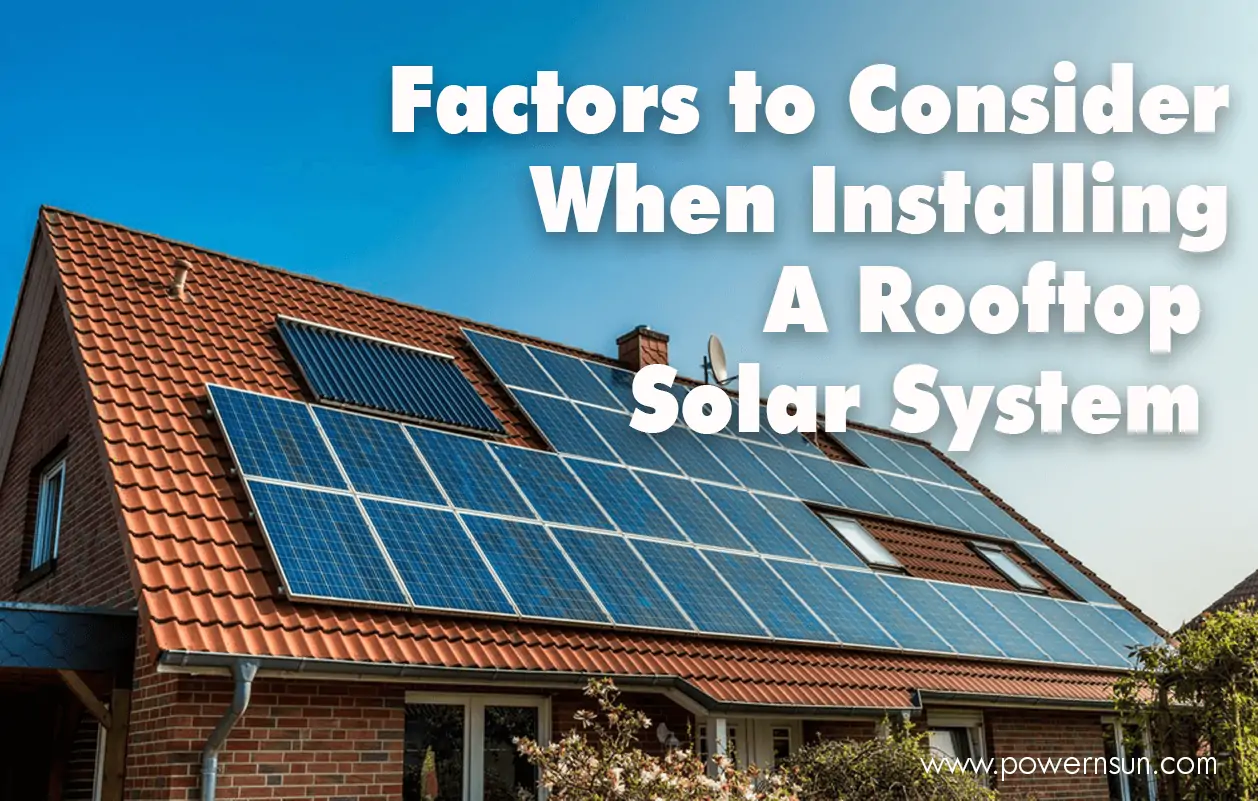

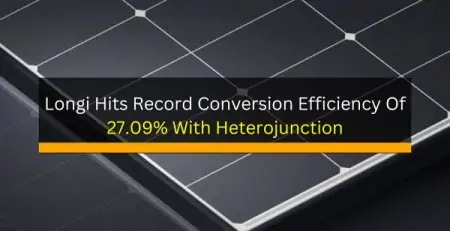
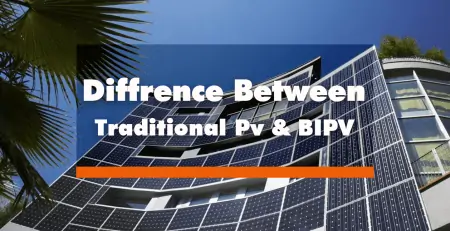
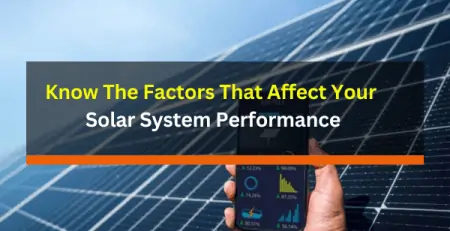
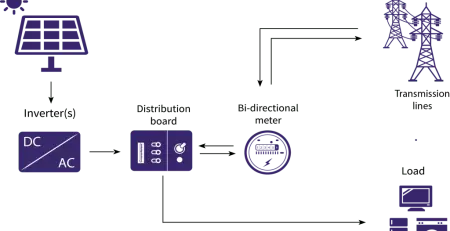
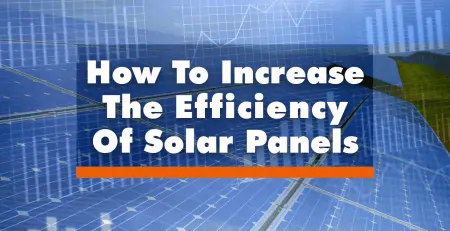
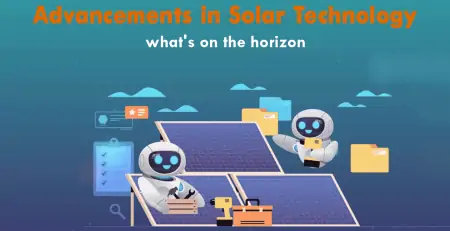


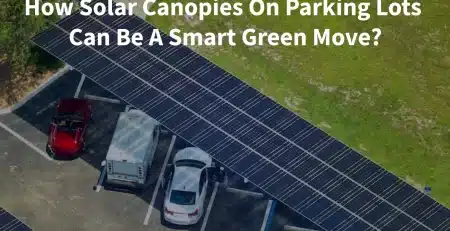

Leave a Reply